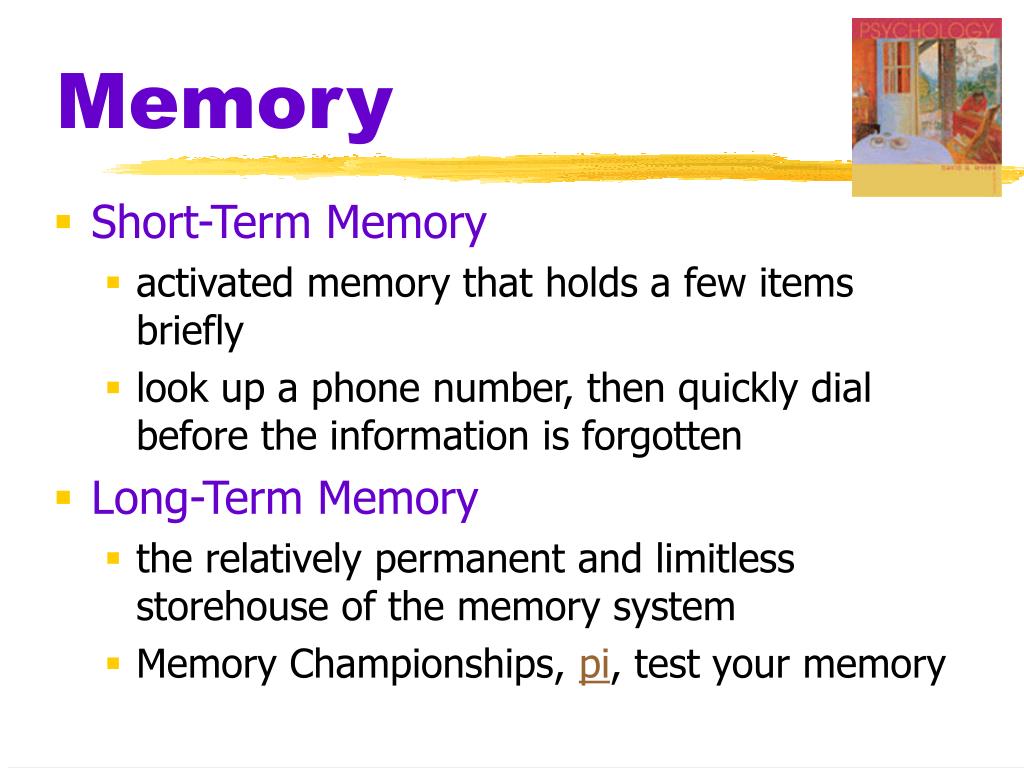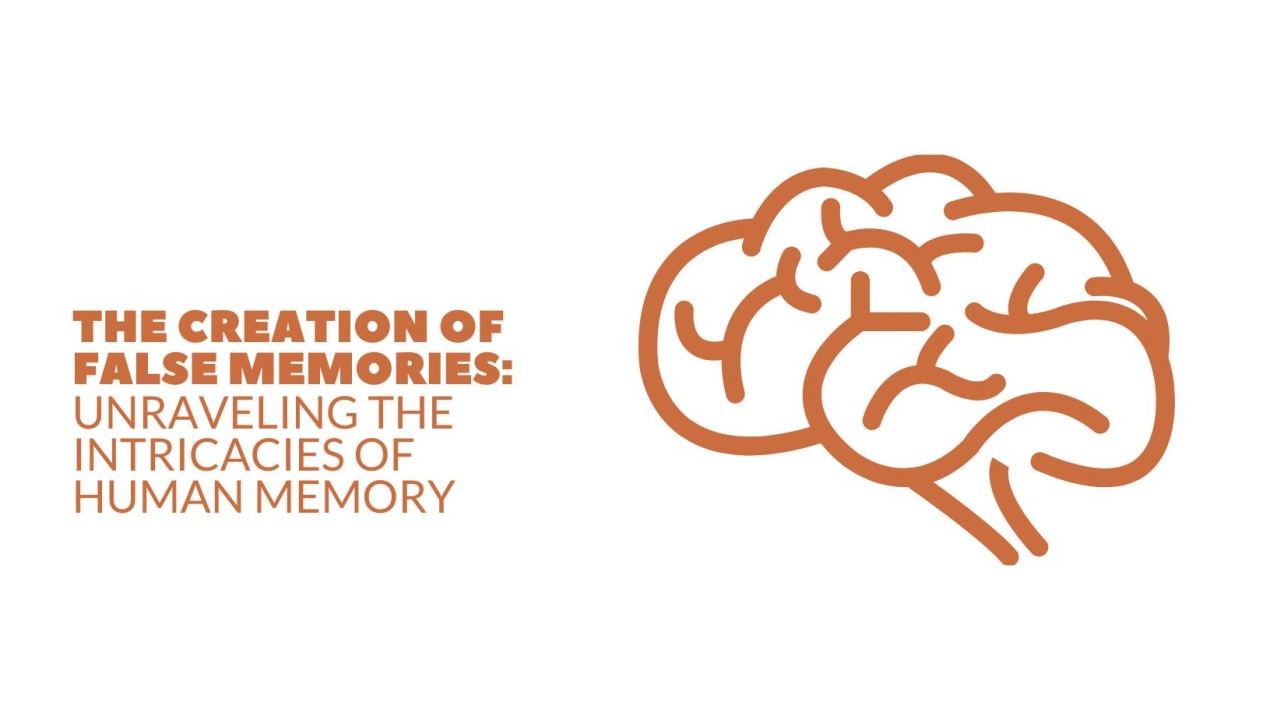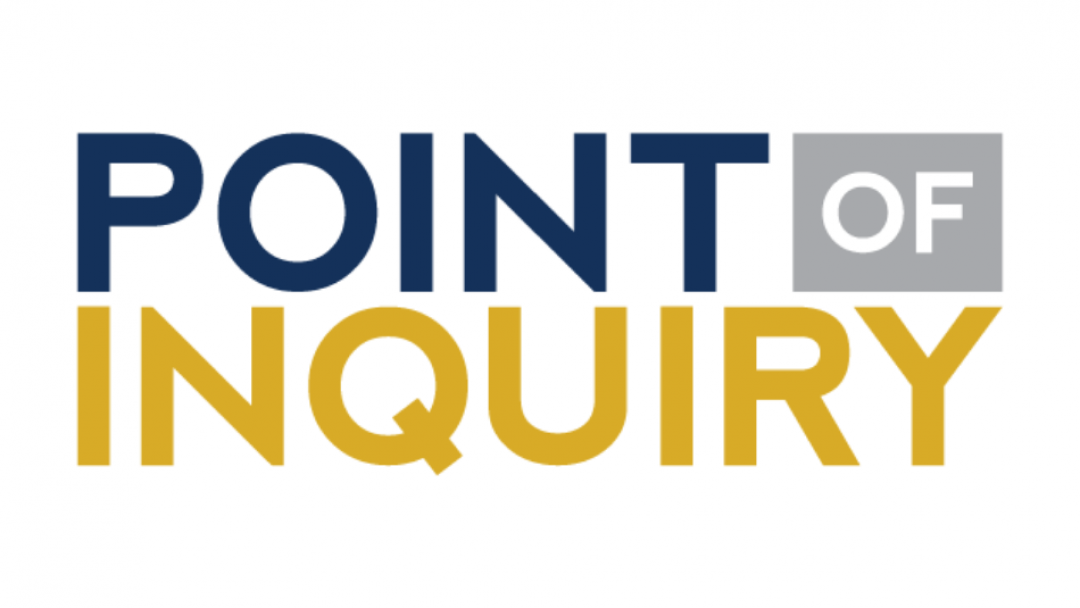Unraveling the Loftus Study: Memory Manipulation Explained

Opening Paragraph:
Memory is often considered a reliable record of the past, but groundbreaking research by Elizabeth Loftus has challenged this belief. The Loftus Study revealed how easily memories can be manipulated, raising questions about the accuracy of eyewitness testimony and the reliability of human recollection. This blog explores the fascinating findings of the Loftus Study, its implications, and how memory manipulation works. Whether you’re a psychology enthusiast or simply curious about the human mind, this post will unravel the complexities of memory distortion. (Memory Manipulation, Eyewitness Testimony, Loftus Experiment)
What is the Loftus Study?

The Loftus Study, conducted by cognitive psychologist Elizabeth Loftus, investigated how external factors can alter memories. In one of her most famous experiments, participants watched videos of car accidents and were later asked questions about what they saw. By changing the wording of the questions, Loftus demonstrated that memories could be significantly distorted. For example, asking, “How fast were the cars going when they smashed into each other?” resulted in higher speed estimates than asking about a “contact” or “hit.” This revealed the malleability of memory and its susceptibility to suggestion. (Memory Distortion, Cognitive Psychology, Loftus Experiment)
How Does Memory Manipulation Occur?

Memory manipulation happens when new information is introduced after an event, leading to the alteration of original memories. This can occur through:
- Misinformation Effect: False information presented after an event can overwrite accurate memories.
- Leading Questions: Suggestive questioning can implant false details into a person’s recollection.
- Social Influence: Peer pressure or authority figures can influence what someone remembers.
| Factor | Impact on Memory |
|---|---|
| Misinformation Effect | Overrides accurate details with false information. |
| Leading Questions | Implants suggestive details into memory. |
| Social Influence | Alters memories based on external opinions. |

Implications of the Loftus Study

The findings of the Loftus Study have far-reaching implications, particularly in legal and forensic settings. Eyewitness testimony, once considered irrefutable, is now viewed with skepticism due to the potential for memory manipulation. This research has also influenced fields like journalism, education, and therapy, where the accuracy of recall is critical. (Legal Psychology, Forensic Science, Memory Reliability)
📌 Note: The Loftus Study highlights the importance of corroborating eyewitness accounts with other evidence to ensure accuracy.
Preventing Memory Manipulation: Practical Tips

While memory distortion is a natural cognitive process, there are ways to minimize its impact:
- Verify Information: Cross-check memories with reliable sources.
- Avoid Leading Questions: Use neutral language when discussing events.
- Document Events: Take notes or record details immediately after an event.
Final Thoughts

The Loftus Study has revolutionized our understanding of memory, proving that it is not a static record but a dynamic and malleable process. By recognizing how memories can be manipulated, we can take steps to ensure greater accuracy in recalling past events. Whether in legal proceedings or everyday life, awareness of memory distortion is key to making informed decisions. (Memory Accuracy, Cognitive Science, Psychological Research)
What is the main finding of the Loftus Study?
+
The study found that memories can be easily manipulated through misinformation and leading questions, challenging the reliability of eyewitness testimony.
How does the misinformation effect work?
+
The misinformation effect occurs when false information presented after an event alters a person’s memory of that event, often replacing accurate details.
Why is the Loftus Study important in legal contexts?
+
The study highlights the fallibility of eyewitness testimony, urging legal systems to rely on multiple sources of evidence to ensure fair judgments.


